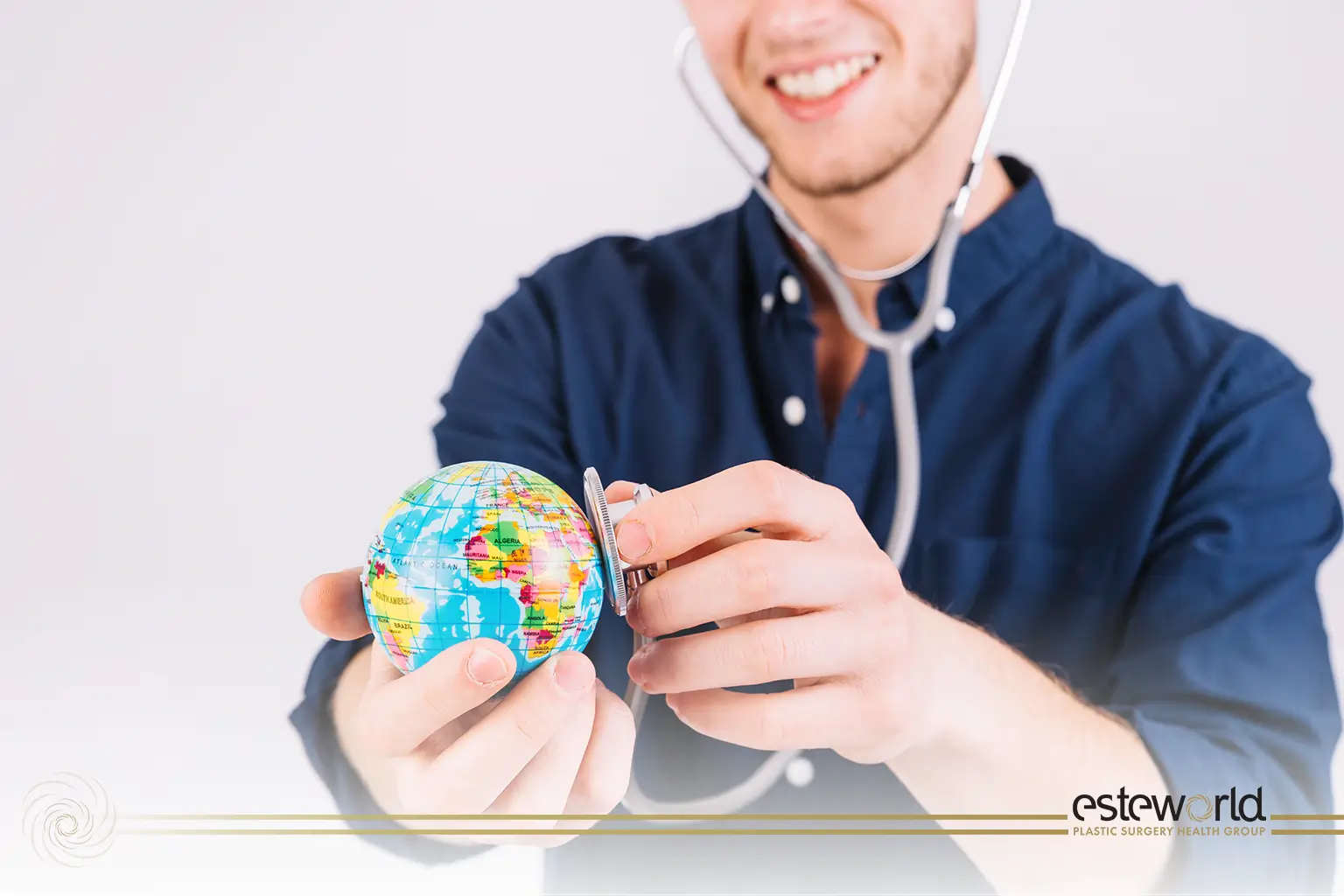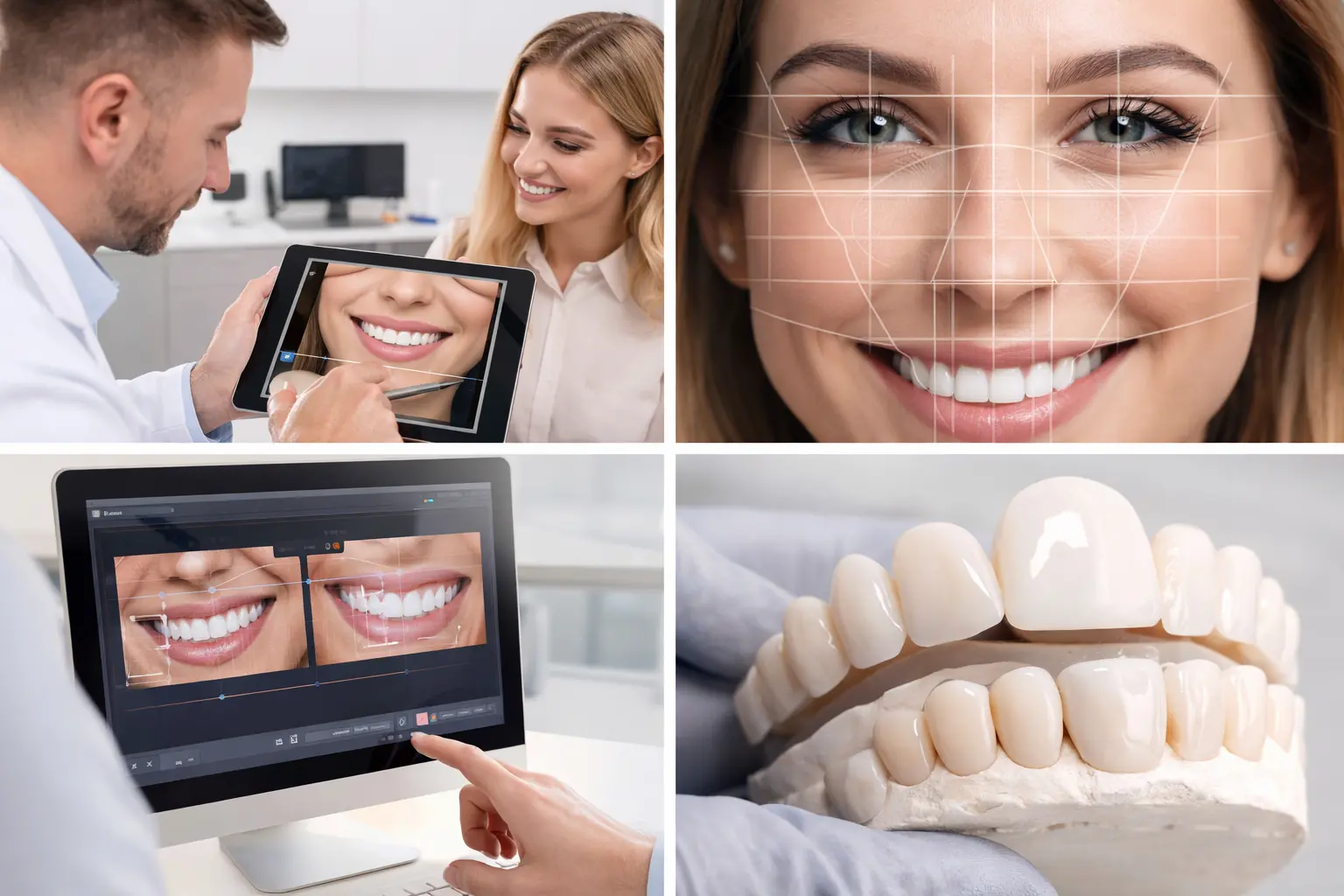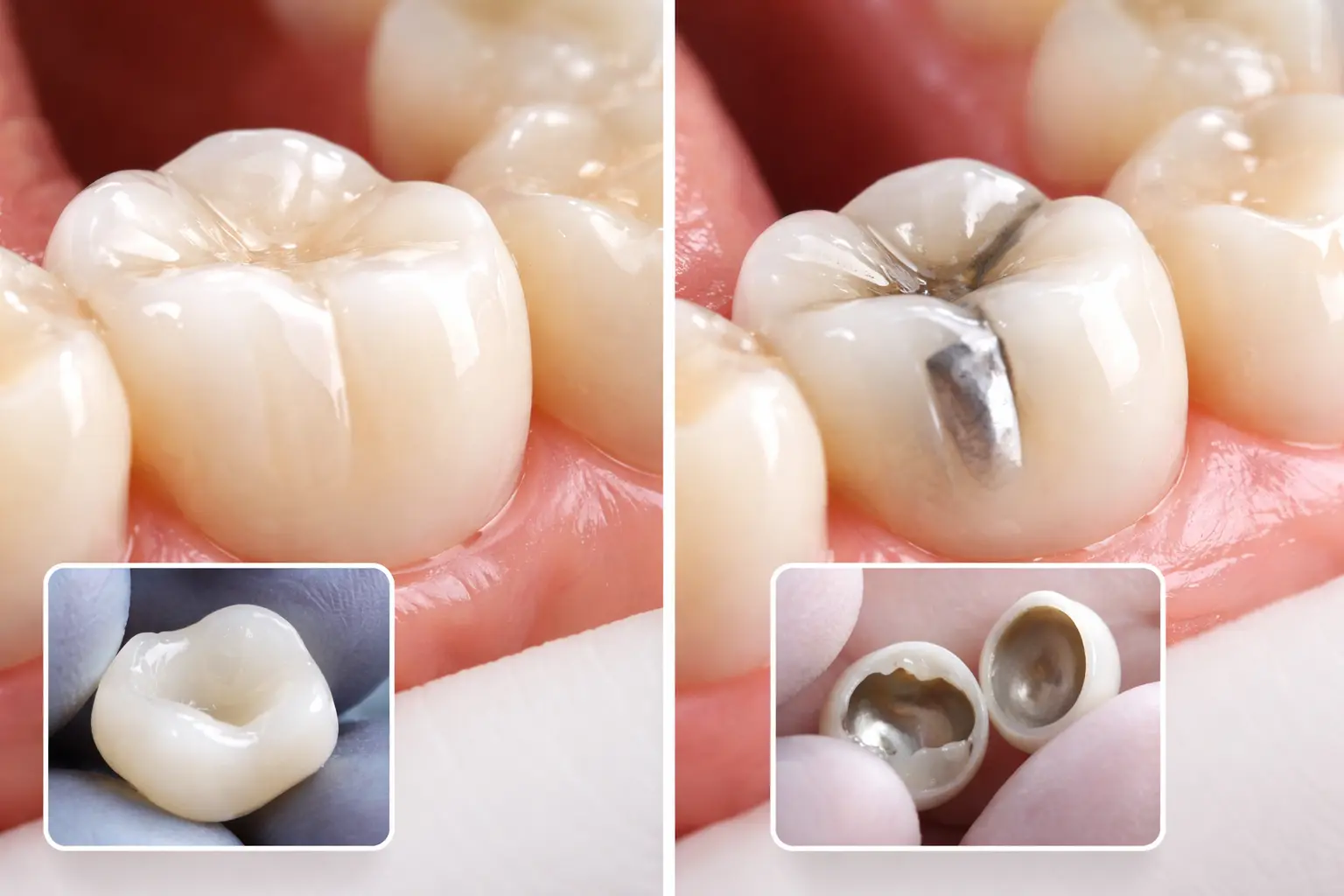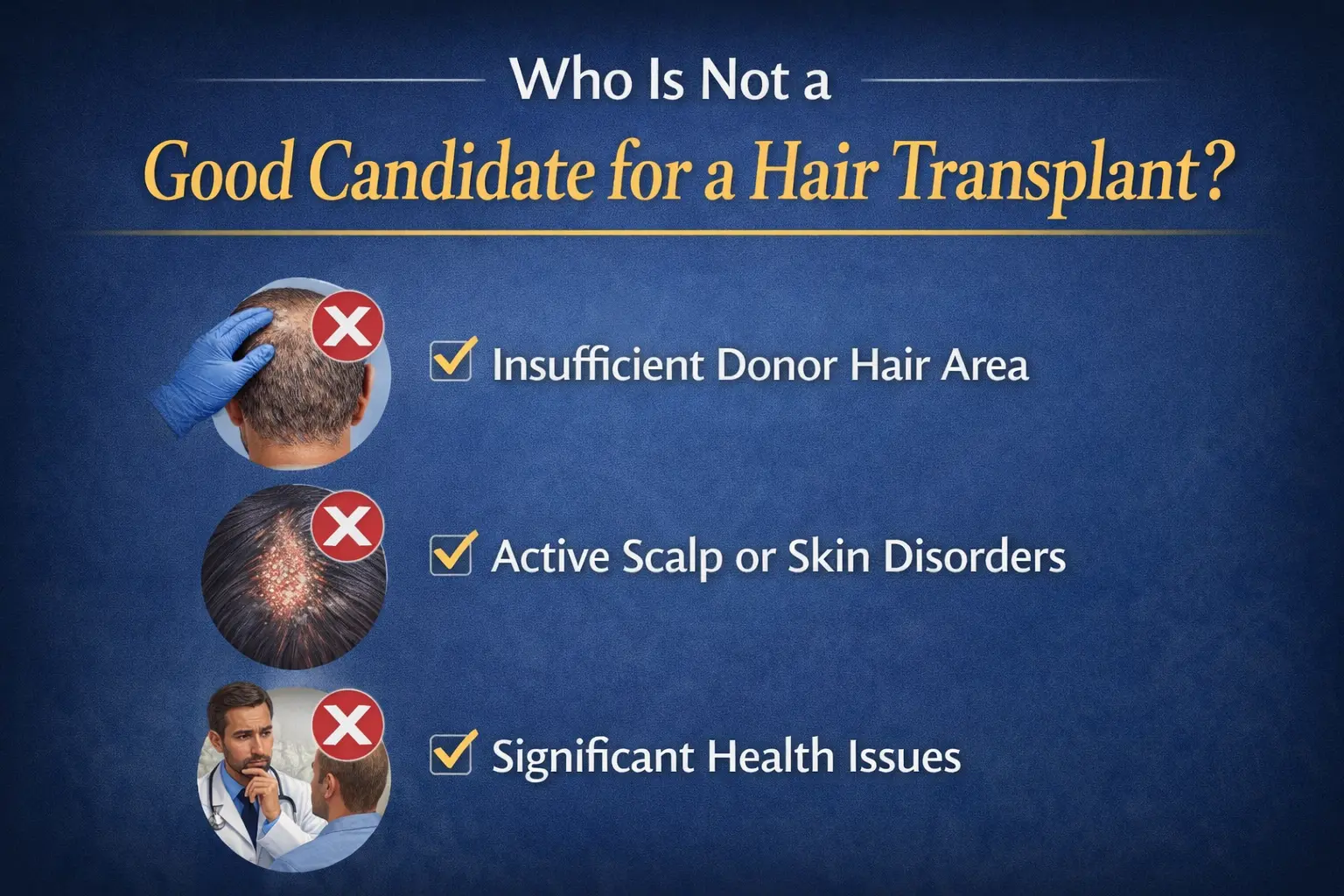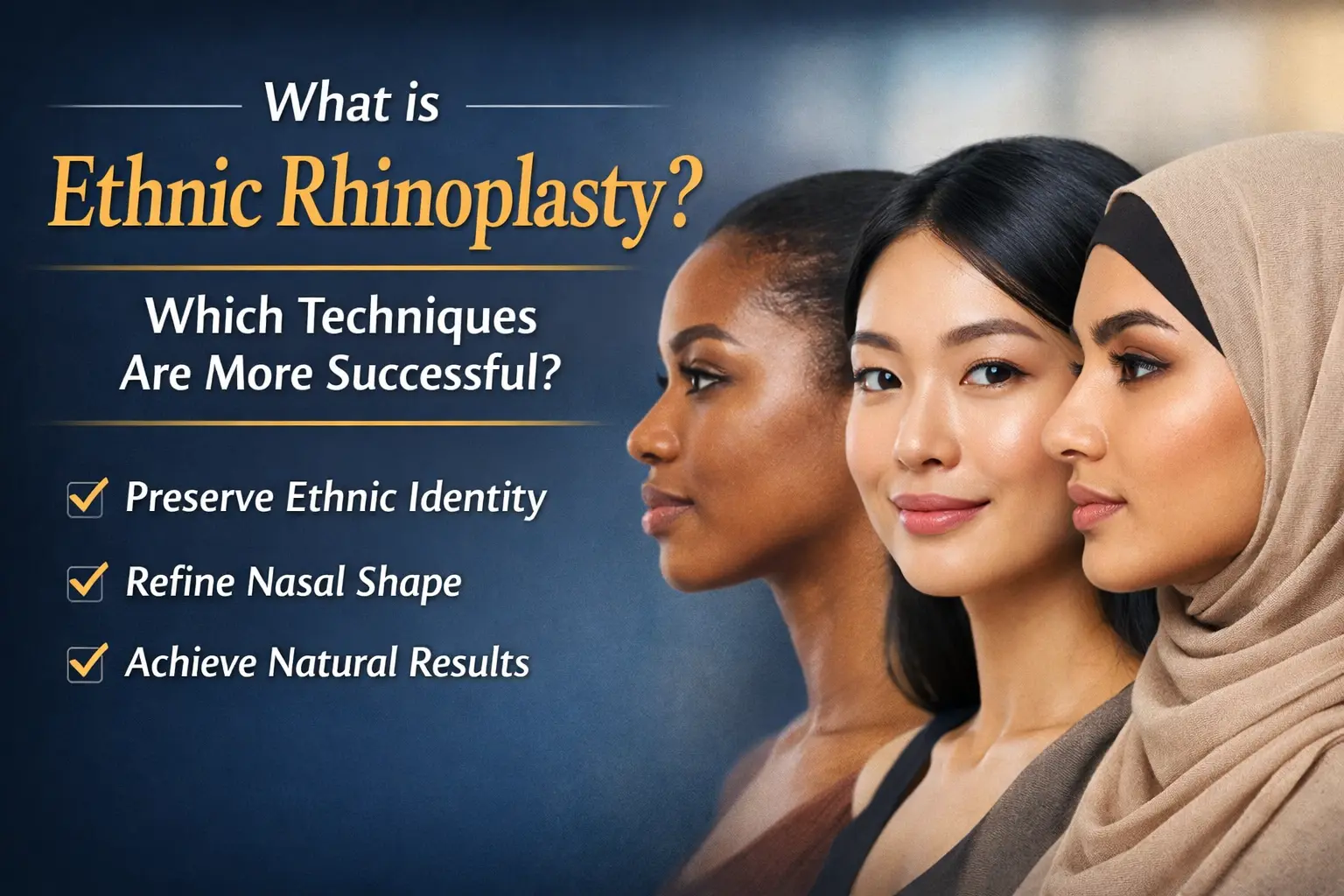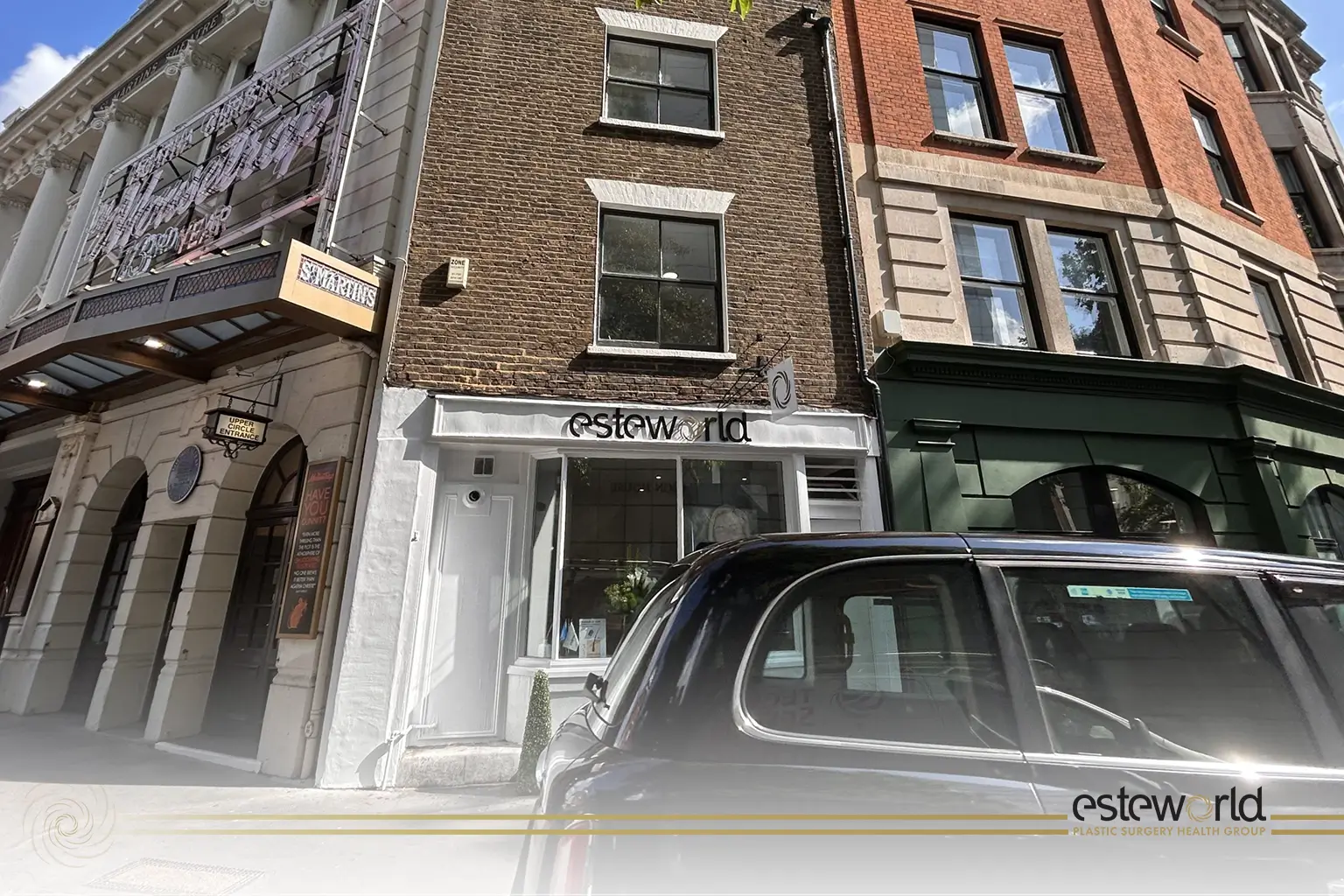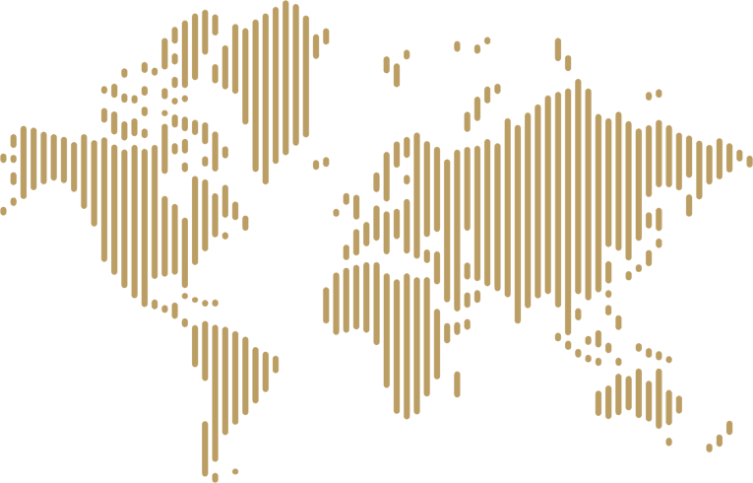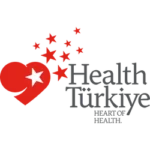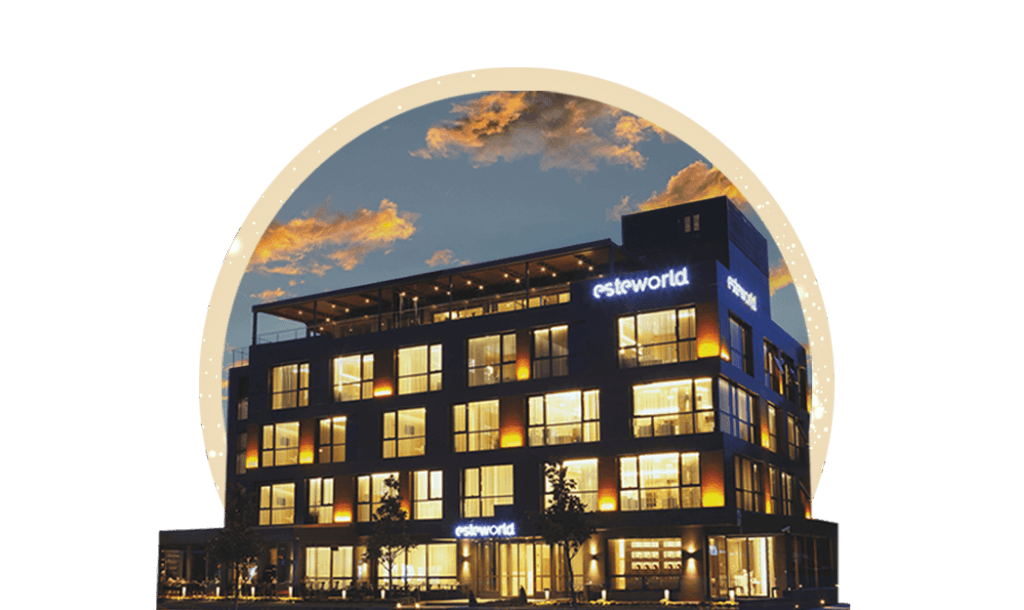Understanding and respecting cultural differences is extremely important when practicing health tourism in Turkey. Turkey has a rich culture that may differ from the one adopted by international patients. This diversity can positively impact the overall experience by strengthening communication between patients and healthcare providers.
To overcome cultural differences in health tourism, it is important to adopt an open attitude towards the experience. Learning about Turkish cultural customs such as greetings, dress code and dining etiquette can enrich the interaction between the patient and the healthcare provider. It is also important to be patient and flexible in dealing with language barriers. Considering language barriers and translation services to facilitate communication can support a more harmonious medical tourism experience.
In this article, we will first highlight effective communication in intercultural medical tourism. We will then examine cultural tips, etiquette, religious and spiritual issues for international patients in Turkey, addressing language barriers and translation and interpretation services.
Effective Communication in Intercultural Health Tourism
Communication in healthcare settings plays a critical role in intercultural healthcare. When you are in a foreign country, various cultural norms may make you feel foreign at times. However, this is quite normal because there are hundreds of different countries and thousands of cultures around the world. While it is not possible to know all of these cultures, it is possible to try to understand the differences and communicate effectively with people of various worldviews.
Here are some tips for effective intercultural communication:
Etiquette: Learn and practice the specific etiquette of each culture. Issues such as formality, greetings, initiating communication are important.
Language and Expression: Avoid slang and use simple, understandable language. Speaking slowly can help the other person understand you better.
Active Listening: Listen actively to make sure you understand what the other person is saying.
Written Communication: Putting difficult issues in writing can make communication clearer.
Support and Tolerance: Understanding and tolerance are important in intercultural communication. In an environment of mutual trust and comfort, communication will be stronger and more lasting.
Overcoming Language Barriers: Translation and Interpreting Services
Overcoming language barriers in the context of health tourism is an important issue. However, you can be sure that health professionals in Turkey will do their best in this regard. Interpretation and translation services can solve communication problems. For example, if you are in Turkey for a rhinoplasty surgery or your obesity treatment in Turkey is about to begin, but you are having language problems, you can ask for professional support without hesitation.
Proper and effective communication will open the right doors for you during the surgical procedure and in daily life in a foreign country.
Your surgeon, medical team and other employees at health centers usually speak at least a few foreign languages, including English, so you should not have any problems. However, you may want to work with a professional medical interpreter to accompany you during consultations, procedures and interviews.
It is also useful to have a translation app on your mobile device and take note of the most frequently used words in Turkish. This can make communication with hospital staff, taxi drivers and locals easier.
You can read books and watch some documentaries about Turkey before you start your trip. This will help you understand the cultural structure of the country and make communication easier.
Esteworld does not leave you with any problems with the language support it provides. As Esteworld family, we are with you on your journey. You can contact us for detailed information about our medical tourism process.
